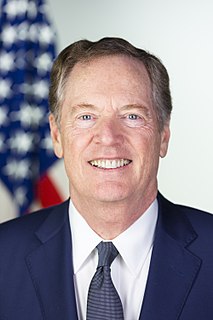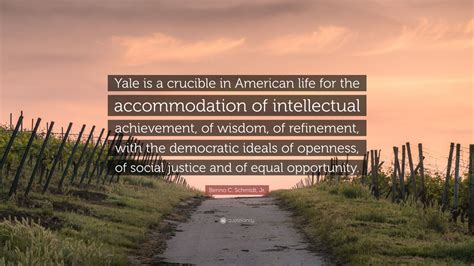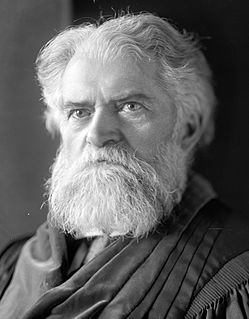A Quote by Vint Cerf
Related Quotes
Um, lots of people grab my ass. I'm actually starting to get this thing now where people grab my package. That actually happened once in Boston, it usually doesn't happen. We went over to England and it happened at almost every show. I don't really enjoy any kind of invasion of privacy like that I guess. Grabbing my package is obviously a total invasion of privacy I'm not into that at all.
The people, the ultimate governors, must have absolute freedom of, and therefore privacy of, their individual opinions and beliefs regardless of how suspect or strange they may appear to others. Ancillary to that principle is the conclusion that an individual must also have absolute privacy over whatever information he may generate in the course of testing his opinions and beliefs.
What I do think is important is this idea of a 'privacy native' where you grow up in a world where the values of privacy are very different. So it's not that I'm against privacy but that the values around privacy are very different for me and for people who are younger than my parent's generation, for whom it's weird to live in a glass house.
If the theory accurately predicts what they [scientists] see, it confirms that it's a good theory. If they see something that the theory didn't lead them to believe, that's what Thomas Kuhn calls an anomaly. The anomaly requires a revised theory - and you just keep going through the cycle, making a better theory.
I don't think he would have had any trouble answering Justice Sonia Sotomayor's excellent challenge in a case involving GPS surveillance. She said we need an alternative to this whole way of thinking about the privacy now which says that when you give data to a third party, you have no expectations of privacy. And [Louis] Brandeis would have said nonsense, of course you have expectations of privacy because it's intellectual privacy that has to be protected. That's my attempt to channel him on some of those privacy questions.





































